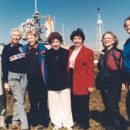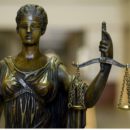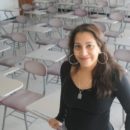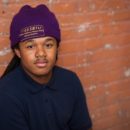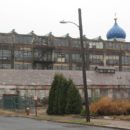The toy company LEGO recently announced it would release a new line of plastic figures immortalizing the women of NASA. The new NASA set will feature astronauts Sally Ride and Mae Jemison, as well as computer scientist Margaret Hamilton, astronomer Nancy Grace Roman — and mathematician Katherine Johnson of Hidden Figures fame. Commentator and author Martha Ackmann says, as laudable as the Lego’s move is, she’s got some advice.
Keep going. How about adding other women who pushed the bounds in space?
In the early 1960s, a group of 13 hotshot women pilots were secretly tested to become astronauts. They took the same arduous exams as John Glenn, Alan Shepard and the other Mercury men. Dr. Randy Lovelace, NASA’s head of life sciences, was not surprised when women aced the tests and he was disappointed when push-back immediately occurred. Why waste money and time testing women when men should go first, critics said. NASA agreed.
That’s when Jerrie Cobb, leader of the Mercury 13 women, spoke out. She met with Vice President Lyndon Johnson, unaware that he’d already written a letter about Cobb’s concerns to NASA. LBJ did not want the women’s program to go forward. ‘Let’s stop this now,’ he’d scrawled on the top of his typed letter.
Cobb was not finished. She pushed for a special Congressional hearing on astronaut qualifications. John Glenn was among those who testified. ‘Men go off and fight the wars and fly the airplanes,’ he said. ‘It’s a fact of our social order.’
It took Congress less than a day to make up its mind. All astronauts would be drawn from the ranks of military jet test pilots. Since women were barred from that job, outer space was off limits as well.
It would take the enormous social changes of the next decade before Sally Ride blasted off the launch pad in 1978.
When Eileen Collins became the first woman to command the space shuttle in 1999, she invited the Mercury 13 women to stand in witness. No one knew who they were; just a group of older women with large handbags and water bottles. I stood next to them.
As the space shuttle lifted off into a limitless sky, I turned when Wally Funk, one of the 13, began speaking quietly to herself. ‘Go, Eileen,’ she said. ‘Go for all of us.’ “
Martha Ackmann is the author of “The Mercury 13: The True Story of Thirteen Women and the Dream of Space Flight.” She lives in Leverett, Massachusetts.
